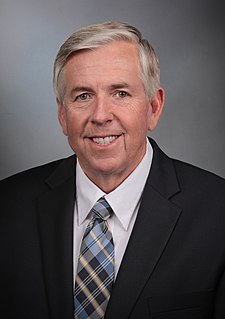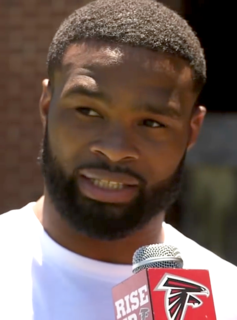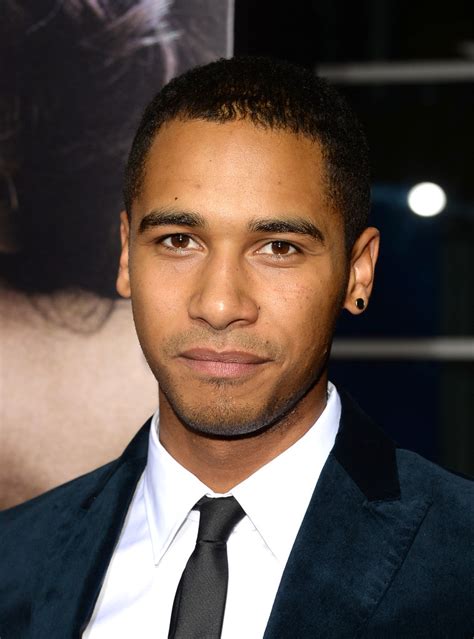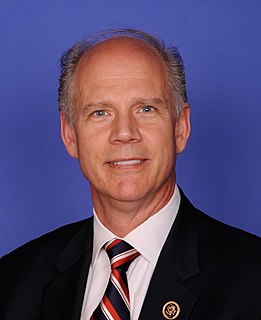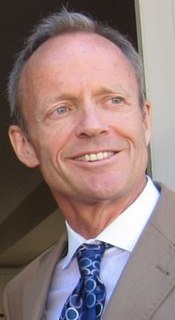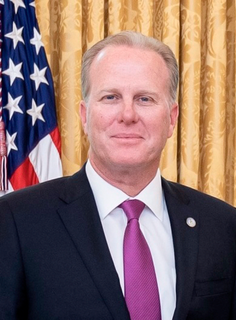A Quote by Rahm Emanuel
It is one thing to train officers on fighting crime. It is a whole other thing to train them to build friendships and relationships, which are integral to fighting crime. This takes time, effort, and patience on the part of police officers.
Related Quotes
Multiple studies, including from the Justice Department, have shown that the guns used in homicides, including the killing of police officers, overwhelmingly tend to be small-caliber handguns. Moreover, gun ownership has increased over the past 20 years — the same period in which both the violent crime rate and the killing of police officers have been in decline.
'By Any Means' follows a team of behind-the-scenes crime-prevention team - not police. They basically go to the areas of crime where the police can't touch and organised crime fighting units can't go to - in the public eye - to bring about real justice, treading the line between 'true' justice and what the law says is justice.
The best crime stories are always about the crime and its consequences - you know, 'Crime And Punishment' is the classic. Where you have the crime, and its consequences are the story, but considering the crime and the consequences makes you think about the society in which the crime takes place, if you see what I mean.

